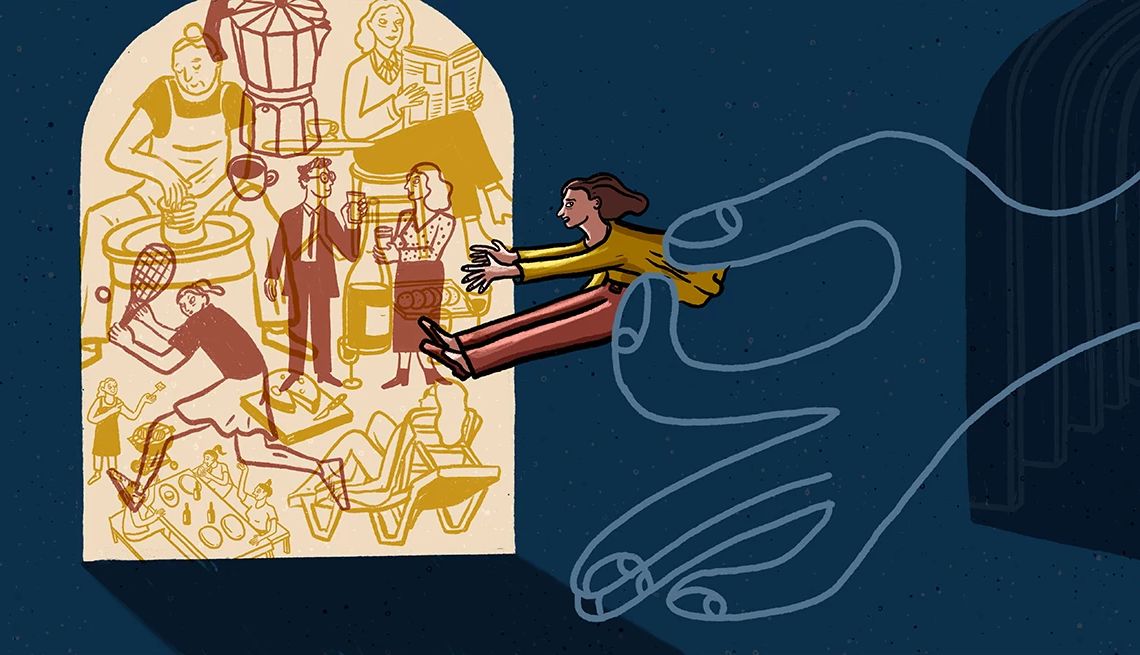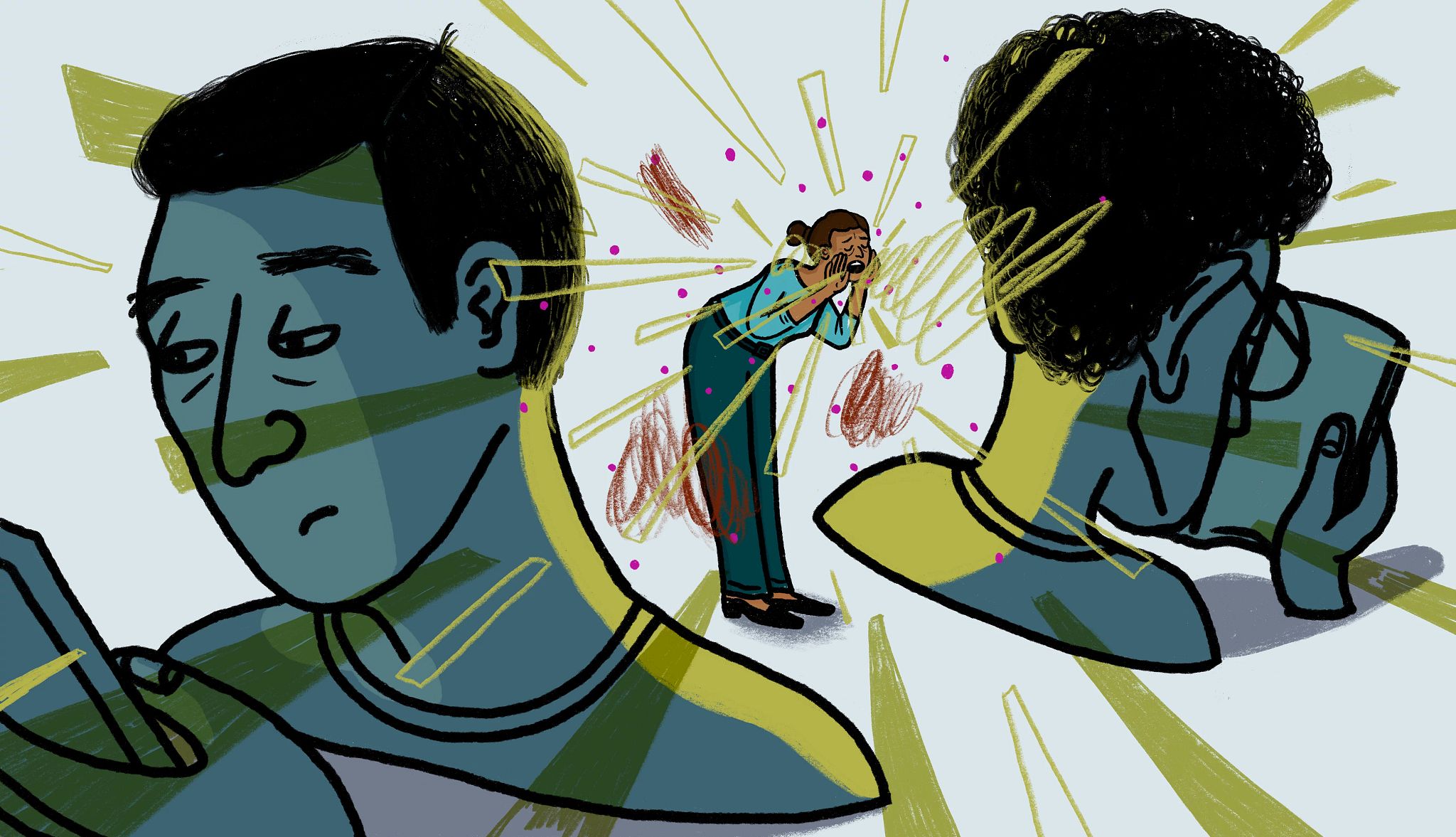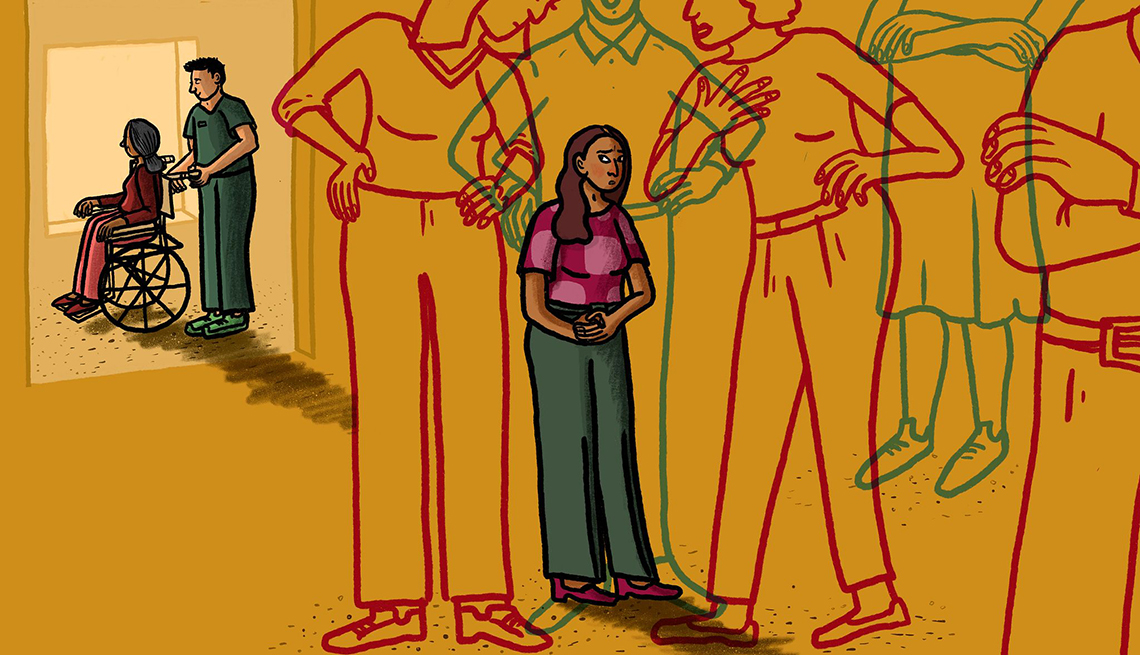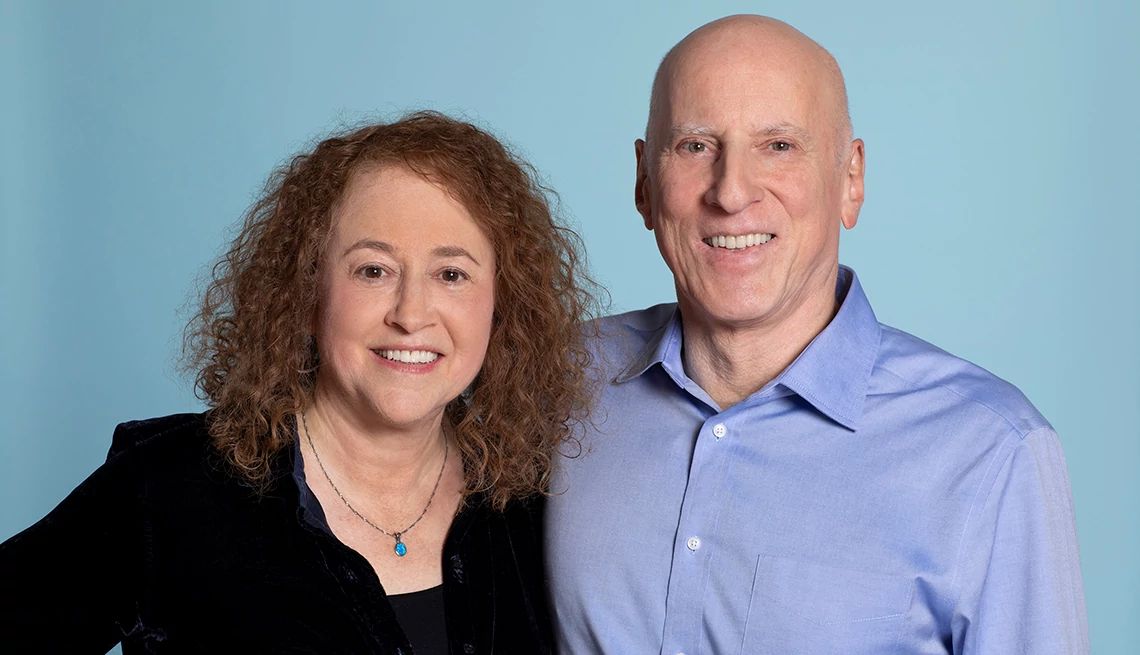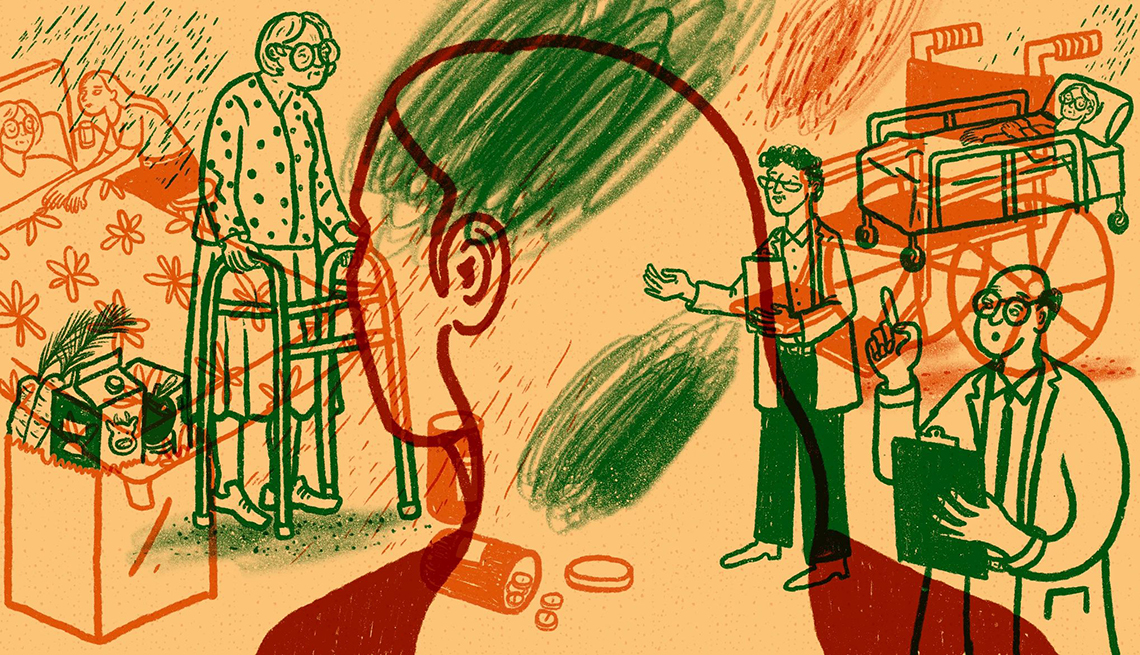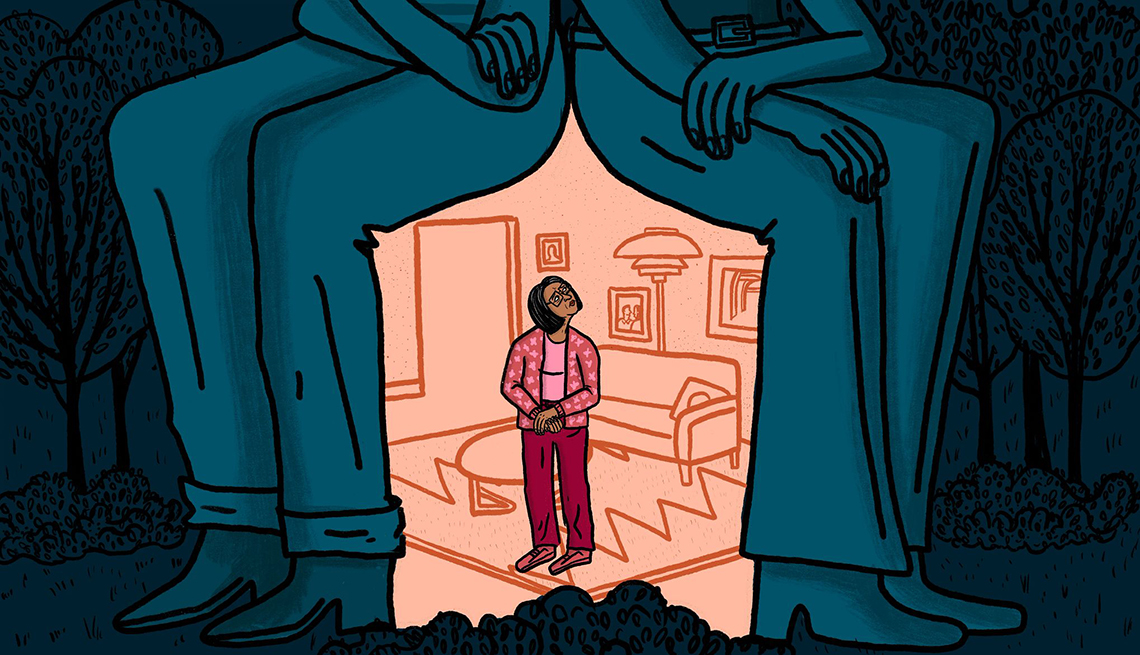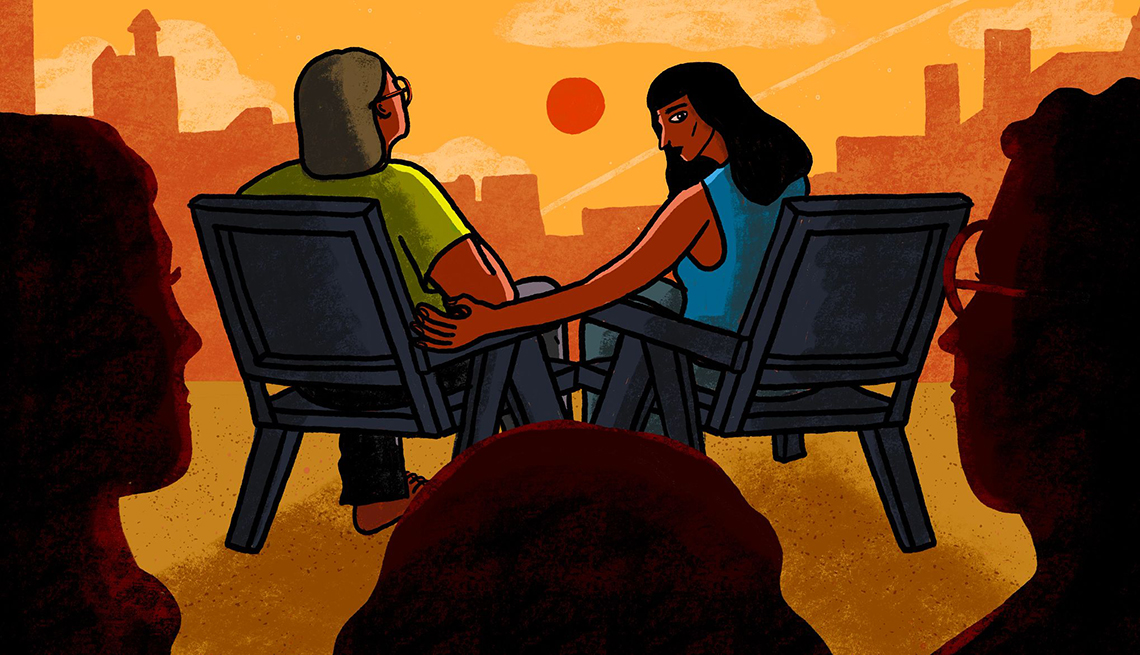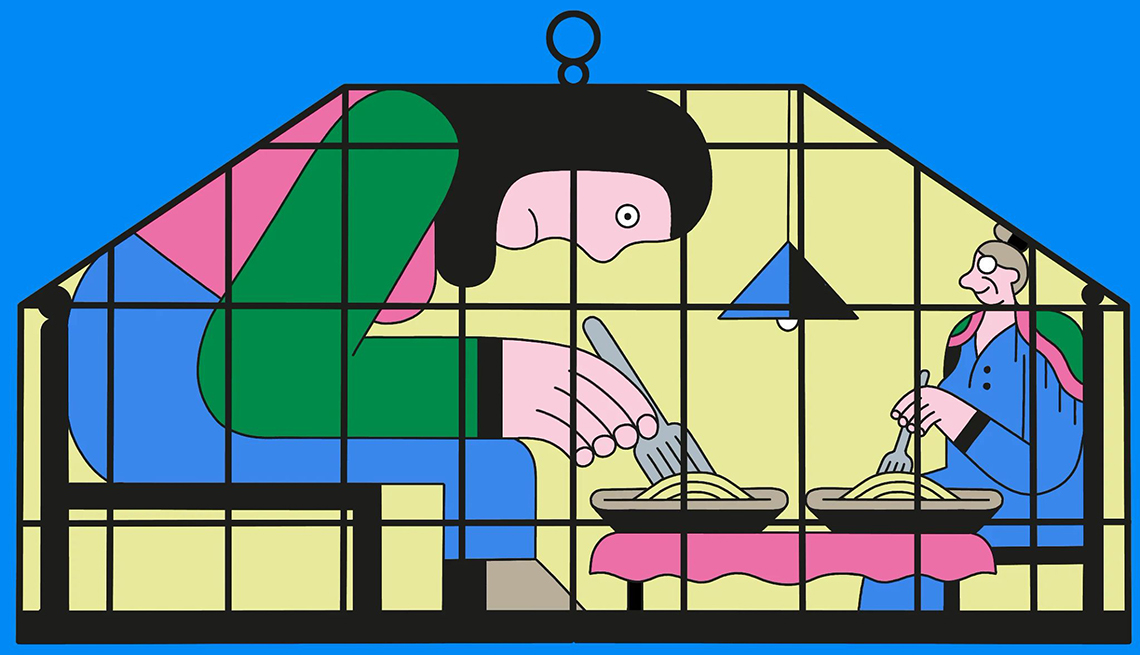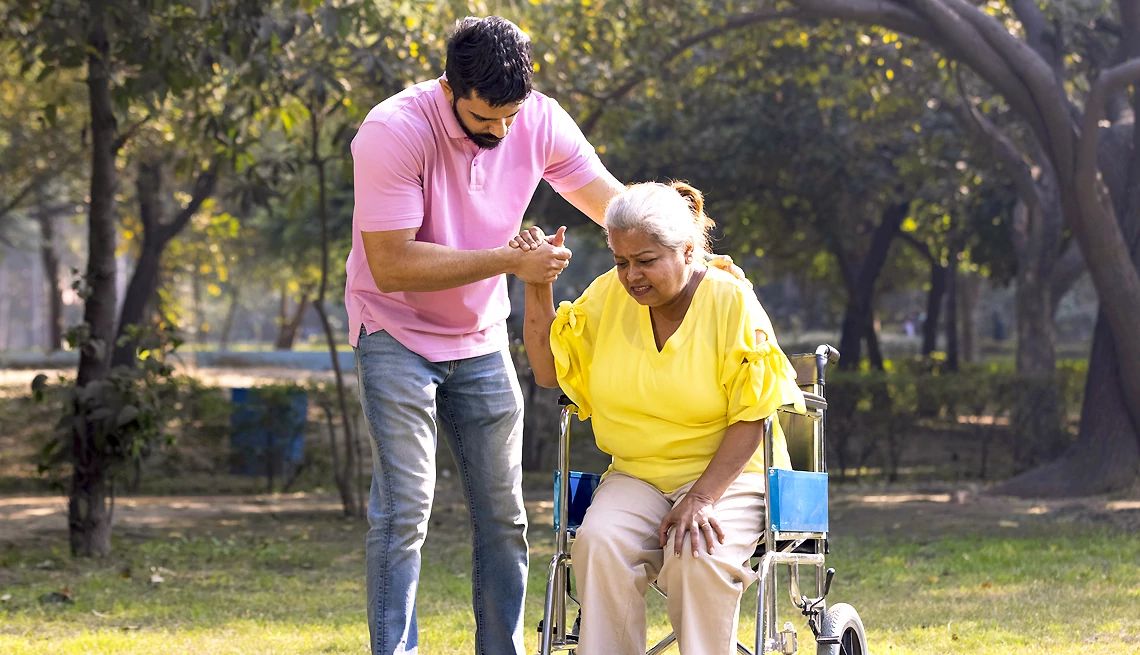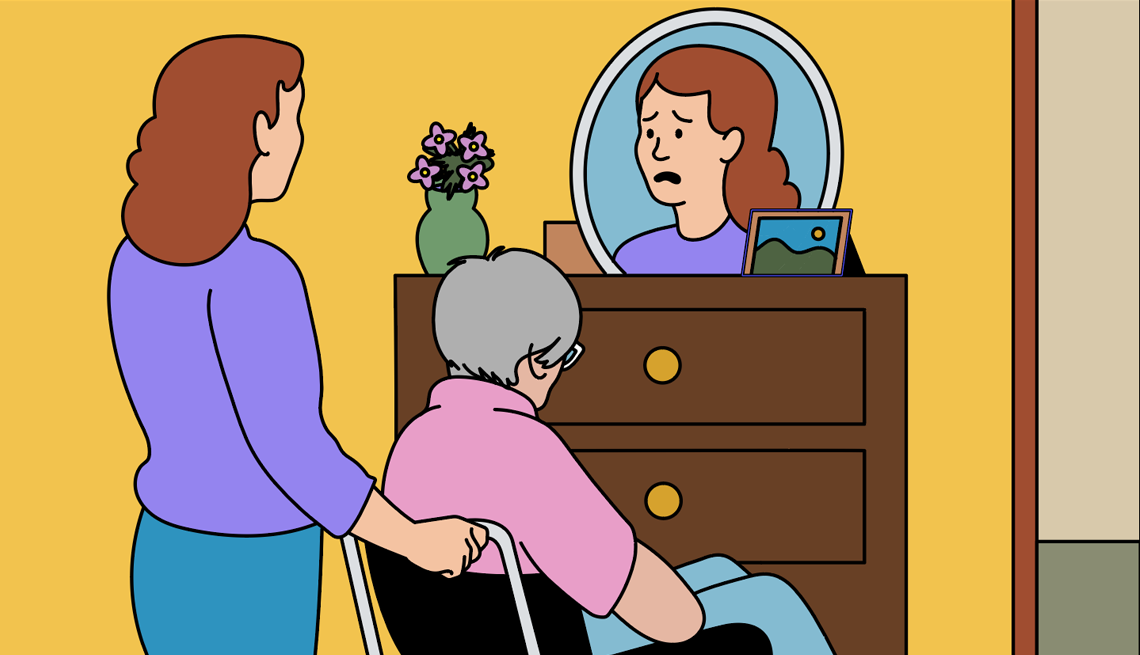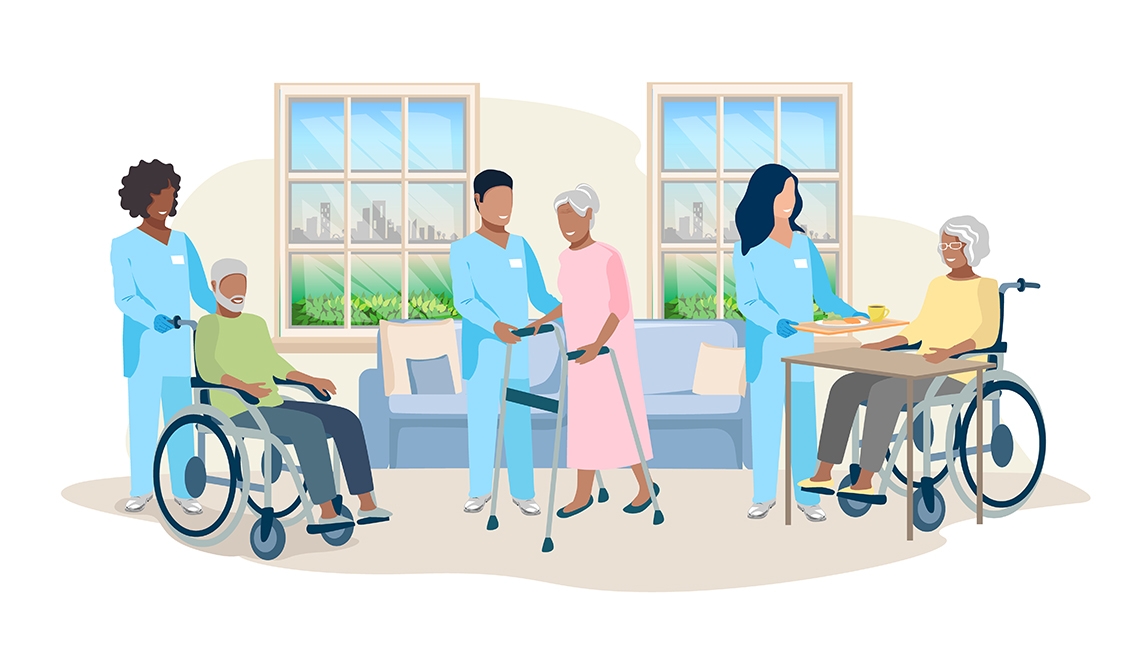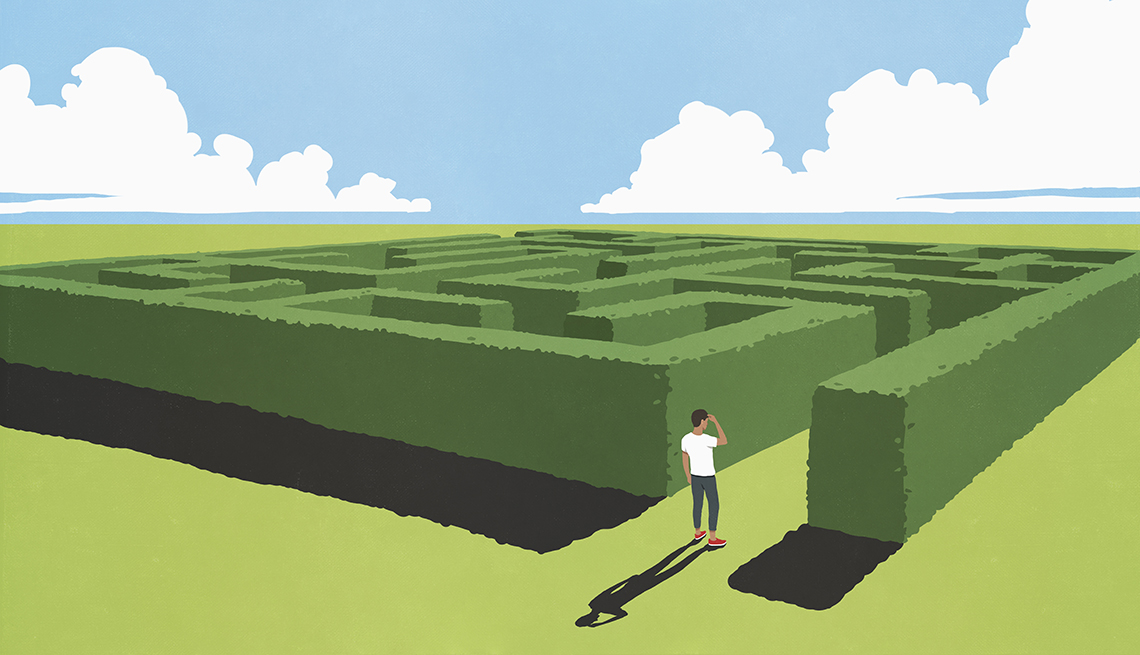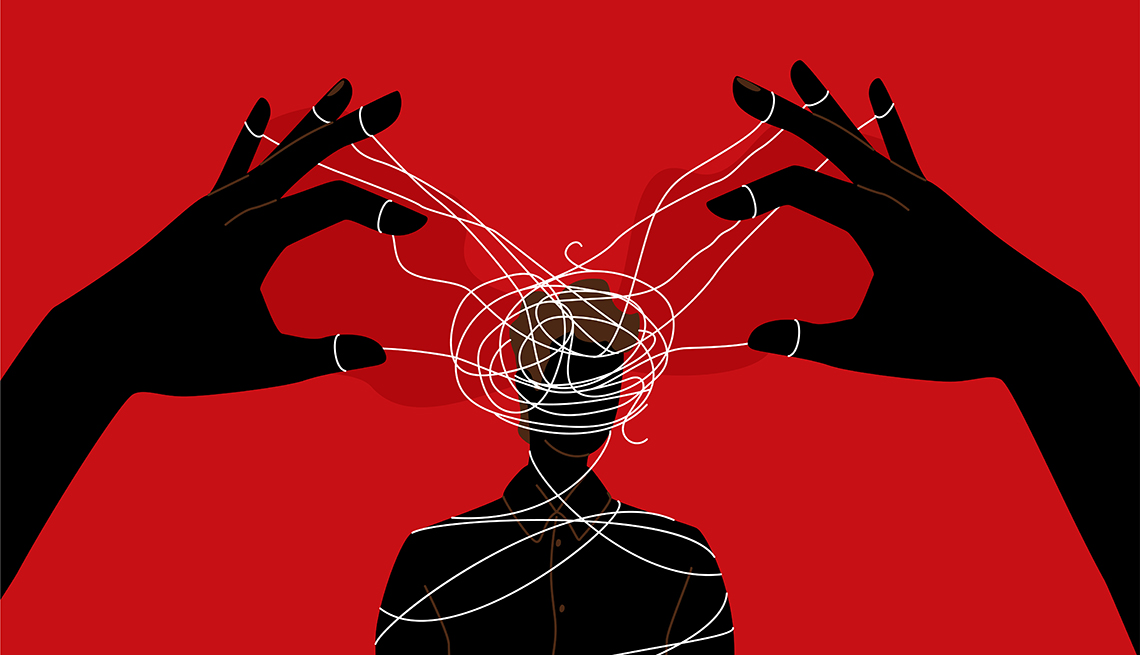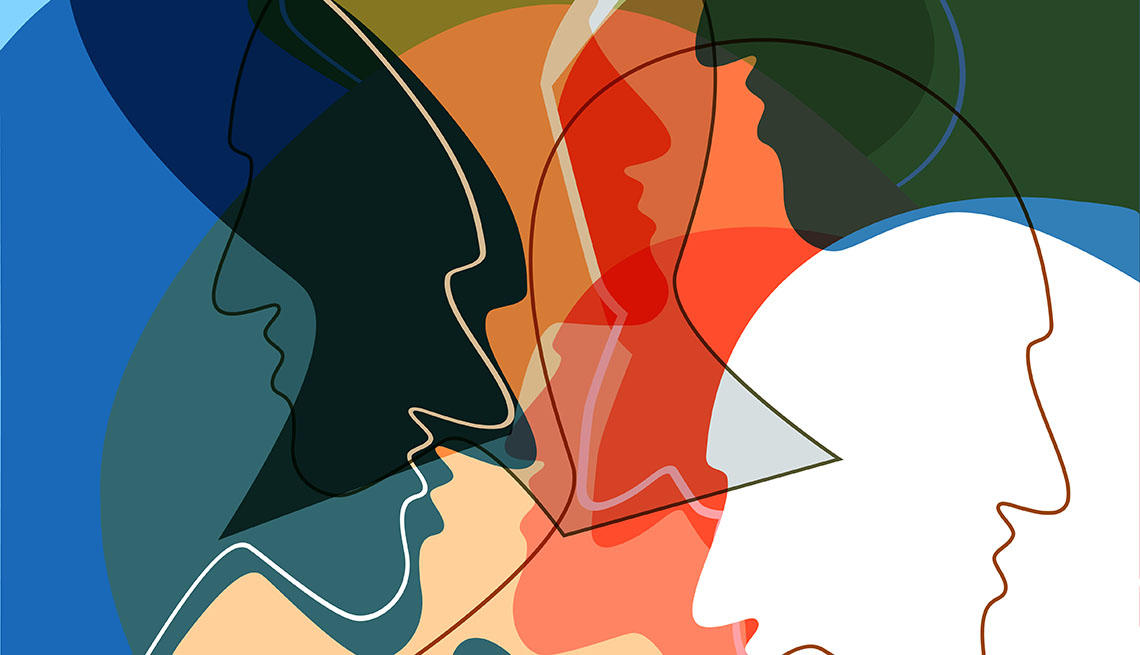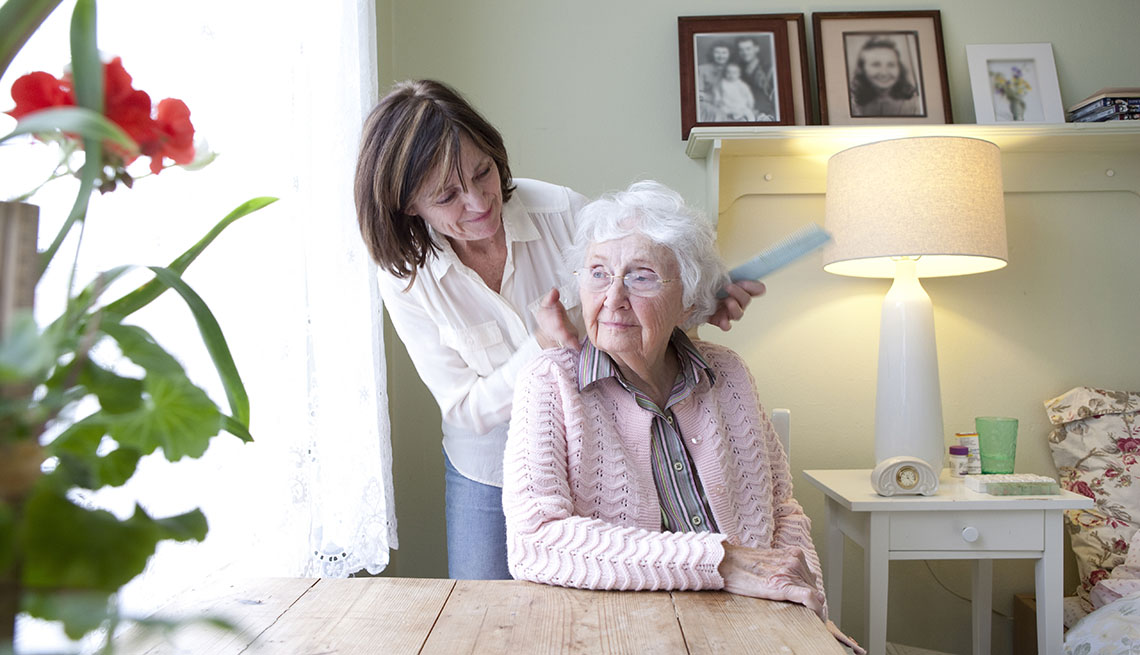AARP Caregiving Expert: Barry J. Jacobs
Barry J. Jacobs is a clinical psychologist, a family therapist and a member of AARP's Caregiving Advisory Panel.
His passion for enhancing support for family caregivers led him to write or cowrite dozens of articles and several books on the subject. He is coauthor of The AARP Caregiver Answer Book and has also written AARP Meditations for Caregivers: Practical, Emotional and Spiritual Support for You and Your Family and Love and Meaning at 50. He served as caregiver for his mother and stepfather, both of whom had dementia.
Jacobs has appeared as a caregiving expert on Dr. Phil and given more than 600 presentations for family caregivers, community groups, and medical and mental health professionals. His areas of expertise include behavioral health integration, complex care management, enhancing family caregiver engagement and supports, team-based care, and provider wellness.
A former magazine journalist, he helped put together the first edition of The Rolling Stone Encyclopedia of Rock & Roll.
Connect with Barry
Barry's Latest Columns
My Family Can’t Agree About End-of-Life Decisions for My Parent. Everyone Is Angry
A lack of medical wishes for a parent with dementia is causing an uproar
I Can’t Talk to My Ill Spouse Anymore. How Can I Still Find Emotional Support?
A reader facing the challenges of caregiving wonders who she can lean on for help
My Dad’s Health Crises Are Wreaking Havoc on My Life. I’m in Mourning
To reclaim some normalcy, this reader needs to anticipate chaos
My Family Ignores That I Need Help with Dad’s Caregiving
A stressed-out caregiver may need a new approach to get her husband and brother to lend a hand
People Criticize Me for Placing My Mother in a Nursing Home. They’re Wrong
A daughter knows her mom is happier and healthier, but she doesn’t know how to respond to judgment from others
Excerpt from ‘The AARP Caregiver Answer Book’
Clinical psychologists Barry J. Jacobs and Julia L. Mayer address the pressing — and often stressful — issues family caregivers encounter every day
I Deserve to Be Appreciated as a Caregiver, Not Treated Like a Villain
A daughter struggles with her father’s negative feelings toward her caregiving support
My Mom Is Dying. There Is So Much I Need to Do for Her, and Time Is Short
A caregiver struggles to support her ill mother while balancing the need for help and self-care
My Care Recipient’s Doctors Don’t Respect My Boundaries
A reader feels pressure from medical personnel who want her to take on a larger caregiving role
My Dad’s Inheritance Puts Me at Odds with His Girlfriend
A reader's father is planning to will his daughters their childhood home but hasn’t told his longtime live-in partner
My Stepsiblings Are Angry at the Cost of My Mom’s Memory Care
Stepdad left her mother money in a trust, but now his kids worry there will be no money left for an inheritance
I’m My 90-Year-Old Mom’s Caregiver, But I Still Want a Life. Help!
Advice on how to avoid feeling ‘trapped’ by family caregiving responsibilities
The Uses and Abuses of Silence During Family Caregiving
When keeping quiet can help caregivers in moments of crisis — and when it can hurt
What are the Pros and Cons of Receiving Pay as a Caregiver?
Money changes everything, including relationships with siblings and other members of a care team
The Strengths and Challenges of Immigrant Family Caregivers
How to balance the cultural traditions of caregiving, while allowing for generational differences
How to Handle Caregiving’s ‘Gut-Check’ Moments
Believe in your ability to deal with any caregiving challenge that comes your way
I’m Still Flooded by Waves of Sadness About My Father’s Early Death
Losing him when I was 15 changed the course of my life — and the future of my career
Are You a ‘Control Freak’ Caregiver?
Learn how to strike a balance between being responsible vs. demanding
How Family Caregiving Can Alter Dreams and Goals Deferred
Post-caregiving life may be different than once imagined — in a good way
How Holiday Rituals Can Comfort Grieving Family Caregivers
Create a personalized remembrance to honor a loved one who has passed
How Worried Caregivers Can Avoid Becoming Anxious
These strategies can help you observe and stop harmful behavior in its tracks
How to Manage Your Expectations as a Caregiver
Some caregiving challenges have no easy solutions, but there are different ways to approach the issues
How to Cope With Guilt When a Parent Enters Nursing Home
Look at the big picture to help understand and ease conflicted emotions
3 Caregiving Strategies for Dealing With Medical Uncertainty
Learn how to ease the anguish with these tactics
How Family Members Can Cope with Sudden Caregiving
Training and preparation for future medical issues can help caregivers regain some control
Caregivers Wonder: Why Does My Relative Suffer?
Ways to find acceptance and avoid the blame game
Why Family Caregivers Should Say “No”
Occasionally declining help can assist the care recipient in the long run
How to Forgive Others After Family Caregiving Ends
Looking at the past with new insight may help caregivers get over lingering hurt, anger
Why Caregivers Should Become Champions for Other Caregivers
Helping others navigate their caregiving journey can reduce stress and provide emotional benefits
Why Caregivers Should Confront Rather Than Avoid a Dementia Diagnosis
Don’t let fear of the unknown prevent you from taking the steps to help your loved one
How Caregiving Can Liberate Caregivers From Past Trauma
Learn ways to face the challenges with dignity and resilience
How Caregivers Can Counter Family Gaslighting
Recognize the intentional deception and learn ways to stop it
How to Handle ‘Hard Feelings’ After Caregiving Ends
Guilt and emotional withdrawal can make the grieving process even more difficult
How to Write ‘The Letter’ to Uncooperative Sibling Caregivers
Make a straightforward appeal for assistance with a loved one
5 New Year’s Resolutions for Caregivers to Consider
Positive intentions to embrace in the year ahead
‘When I’m 64’ — and Hope to Never Need a Caregiver
Steps everyone can take to remain independent as long as possible
Managing Aging Adults With Personality Disorders
Strategies include staying calm during outbursts and balancing loyalty with limits
What New Family Caregivers Really Need to Know
Regular exercise, respite breaks and connecting with others will help you in this challenging role
How Guilt-Ridden Caregivers Can Set Limits
To make long-term caregiving sustainable, consider some boundaries




